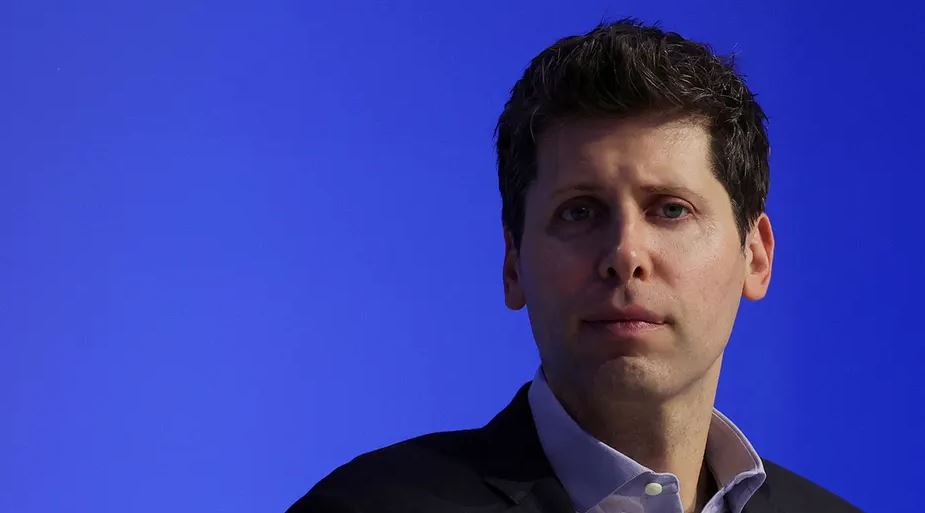In a move that has reverberated through the tech industry, Elon Musk, renowned entrepreneur behind ventures like Tesla and SpaceX, has taken legal action against OpenAI and its CEO, Sam Altman, alleging a breach of contract. Musk’s lawsuit, filed in a San Francisco court, accuses OpenAI of veering away from its original mission to develop artificial intelligence (AI) for the betterment of humanity.
The legal battle traces its origins back to 2015, when Musk, alongside Altman and OpenAI co-founder Greg Brockman, conceptualized a nonprofit organization committed to advancing artificial general intelligence (AGI) for the betterment of society. While initially involved as a co-founder, Musk stepped down from OpenAI’s board in 2018, expressing concerns about the potential risks associated with AI.
Musk’s legal team contends that OpenAI has strayed from its founding principles and morphed into a closed-source entity heavily influenced by Microsoft, one of the world’s largest technology companies. According to the lawsuit, OpenAI’s focus on maximizing profits for Microsoft contradicts the original agreement made with Musk and undermines the organization’s stated mission to prioritize humanity’s interests.
The lawsuit emphasizes the gap between OpenAI’s public commitment to ensuring that AGI benefits humanity and its alleged actions, which seemingly prioritize Microsoft’s financial interests over broader societal welfare. Musk’s lawyers argue that OpenAI’s current trajectory undermines the organization’s original purpose and violates the spirit of their agreement.
“We filed this suit to compel OpenAI to adhere to the Founding Agreement and return to its mission to develop AGI for the benefit of humanity, not to personally benefit the individual Defendants and the largest technology company in the world,” Musk’s legal team stated.
However, responses from OpenAI and Microsoft have not been immediate, with both entities refraining from commenting on the ongoing legal proceedings.
Meanwhile, Microsoft’s substantial investment in OpenAI has drawn scrutiny from European Union antitrust regulators, raising concerns about market concentration and potential anti-competitive behavior in the AI sector. The reported $13 billion investment has prompted questions about the implications for competition and innovation in the rapidly evolving AI landscape.
In a strategic move to expand its influence in the global AI market, Microsoft announced a partnership with Mistral AI, a French startup positioned as Europe’s counterpart to OpenAI. This collaboration underscores Microsoft’s ambition to explore new commercial opportunities and solidify its presence in the burgeoning AI industry.

The legal clash between Musk and Altman comes amidst heightened anticipation surrounding the future of AI. OpenAI’s ChatGPT, introduced in November 2022, swiftly gained traction, emerging as one of the fastest-growing consumer applications in history. Its success has spurred competition from tech giants like Google parent Alphabet and Microsoft, who have launched rival chatbots in response.
Elon Musk and Sam Altman, both influential figures in the tech realm, have been central to ongoing discussions about the potential benefits and risks associated with AI. Musk, widely recognized as one of the wealthiest individuals globally, has championed responsible AI development and advocated for robust regulatory frameworks to mitigate potential risks.
In addition to his roles at Tesla and SpaceX, Musk has been actively involved in advancing AI through ventures like Neuralink, focused on developing brain-computer interface technology. The recent launch of Musk’s own AI company, xAI, underscores his commitment to shaping the future of AI in alignment with ethical principles.
Altman, on the other hand, has faced challenges during his tenure at OpenAI, including internal conflicts and leadership transitions. His abrupt departure from the company in November of the preceding year sent shockwaves through the tech community, raising concerns about the organization’s direction and governance.
Despite these challenges, Altman remains a prominent figure in the AI landscape, known for his contributions to the field and entrepreneurial endeavors. His return to OpenAI following his departure underscores his dedication to advancing the organization’s mission, albeit amid ongoing controversies and legal disputes.
As the legal battle unfolds, it underscores the intricate interplay between corporate interests, ethical considerations, and regulatory oversight in the AI sector. The outcome of the lawsuit could have far-reaching implications for OpenAI’s future trajectory, Microsoft’s involvement in the AI ecosystem, and the broader discourse on AI governance and accountability.
In light of these developments, stakeholders across academia, industry, and government are closely monitoring the situation, recognizing the importance of collaborative efforts to ensure that AI technologies are developed and deployed in a manner that serves the collective good and addresses societal challenges effectively. Only time will reveal the impact of this legal confrontation on the course of AI development and its implications for humanity’s future.
Copyright©dhaka.ai
tags: Artificial Intelligence, Ai, Dhaka Ai, Ai In Bangladesh, Ai In Dhaka, USA



